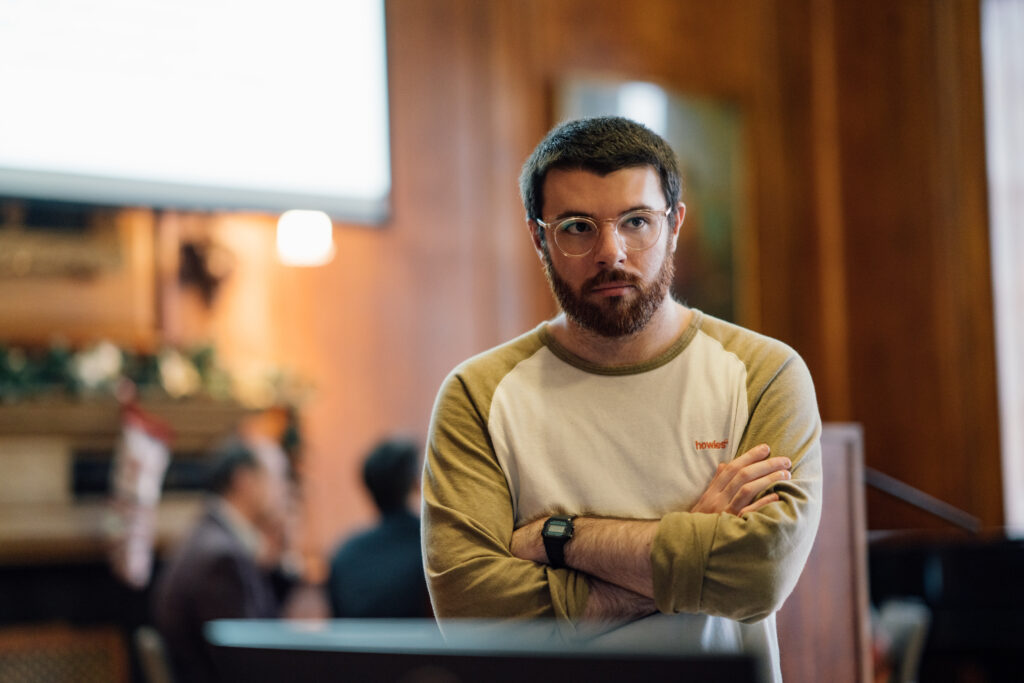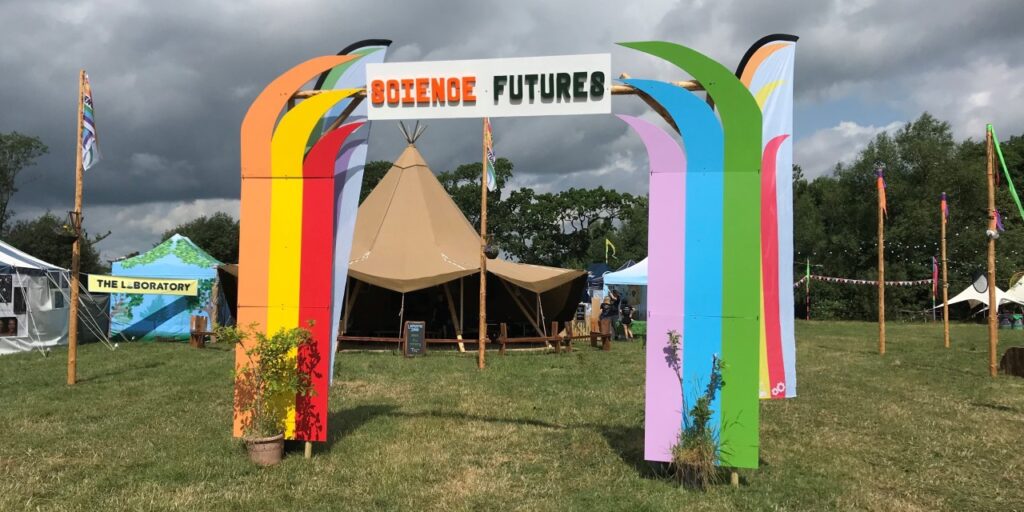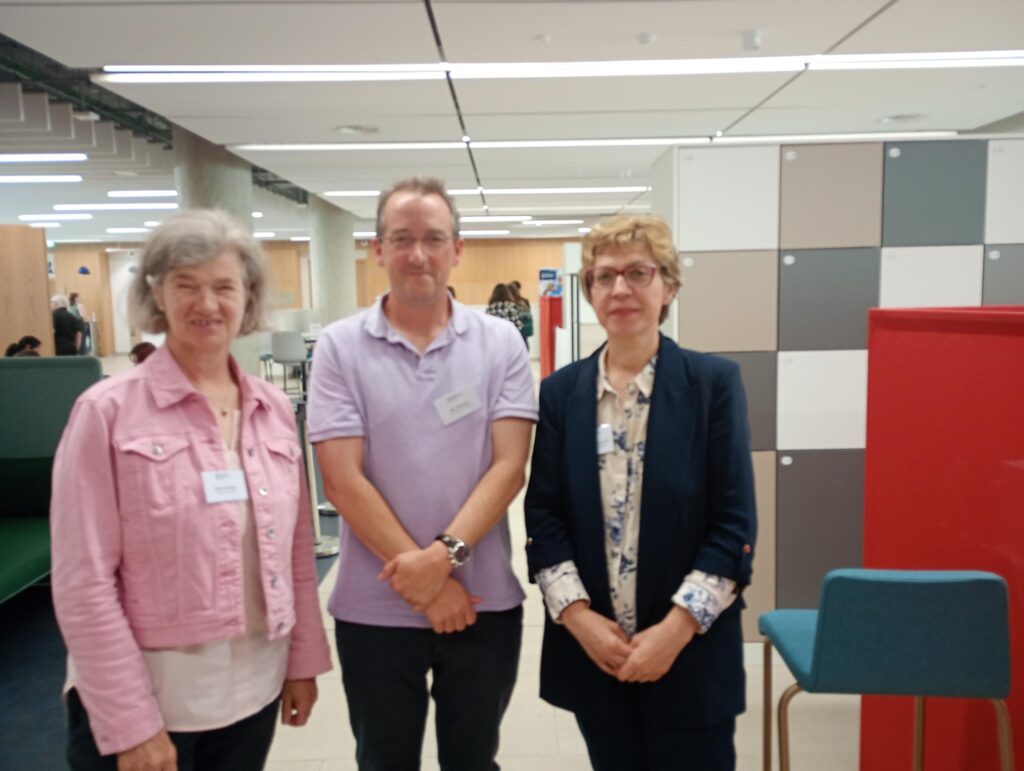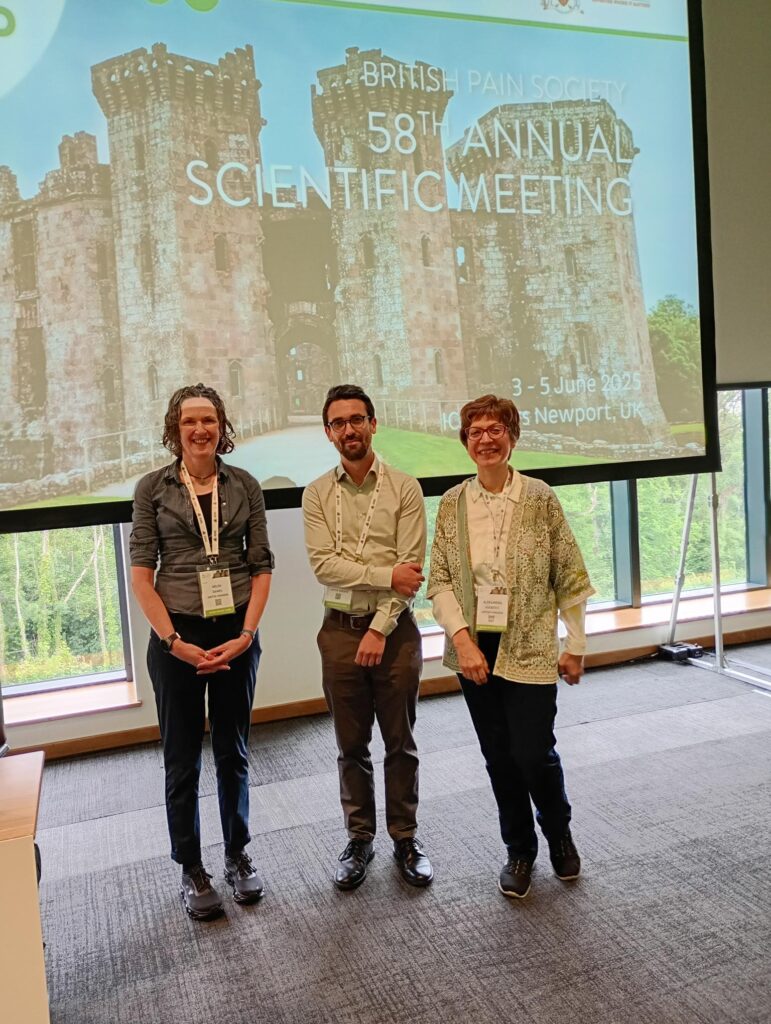26.02.2024
CPNN+ awards four successful applicants
Following on from CPNN+'s most recent funding call, we have successfully awarded the following early career researchers (ECR's) with up to £5,000 each to support projects that develop the role of PPIE in shaping and advancing the application of neurotechnology.


Advertised initially via our ‘Opportunities’ page, we have since awarded the following four ECR’s. Please see a summary of each project below.

Nature-based Analgesia and Chronic Low-Back Pain: A Role for Immersive Virtual Reality?
Exposure to nature has a myriad of health benefits from mental health and wellbeing to pain amelioration. The benefits to pain, specifically chronic, have yet to be explored in real depth. Understanding the mechanisms through which nature can be leveraged for chronic pain may improve therapeutic options in the future. This project aims to develop a nature based virtual reality intervention for chronic low back pain patients using a mixed methods co-design approach. Specifically, we aim to: 1) To understand and quantify the unmet clinical needs of the chronic low-back pain community, and to work with members of that community in exploring potential treatments, programmes or interventions using immersive nature-based VR technologies [phase 1]. 2) To co-design a VR intervention with members of the chronic low-back pain community using existing environmental psychology theory and anticipated impact on symptom profiles [phase 2]. 3) To develop a working nature-based VR intervention using real world 360 degree immersive videos based on extensive patient co-design [phase 3]. Through developing this patient informed working prototype of a novel VR intervention, we will then be able to start testing the therapeutic effects in follow on studies beyond the scope of this funding period.

Exploring the Use of Immersive Virtual Reality (IVR) for the Treatment of Chronic Back Pain (CBP) – Patient perspectives and expectations.
The value of patient and public involvement and engagement (PPIE) in developing meaningful outcome measures is increasingly recognised within chronic pain research. Our proposal is to explore the perceptions and expectations in participants arising from the use of immersive virtual reality (IVR) to manipulate pain in people suffering from moderate to severe chronic low back pain (CBP). An IVR/CBP study is currently running which will investigate the mechanisms by which pain improvement occurs with IVR. In our PPIE sub-study we will focus on participant perceptions and experiences of this novel intervention, which are important to any future developments of IVR and its role in managing CBP. We will utilise both standard and novel questionnaires to gage pre and post IVR intervention responses from 40 participants, documenting their current understanding and expectations from the IVR technology and its impact on their CBP. We also intend to examine whether certain patient characteristics, such as anxiety, fear avoidance, or catastrophizing impact upon the response to IVR as a therapy. The main objective of our project is to ensure that due importance is given to the voice of the end user in this novel intervention.

Patient-informed development of a personalized virtual reality intervention for body representation distortion and chronic pain.
Our project will address technology development, treatment optimization, and user experience and acceptance for a personalized virtual reality (VR) rehabilitation tool for chronic upper limb pain. Our tool uses hand-tracking technology to allow patients to embody virtual upper limbs with different appearances. Previous research has demonstrated some success in treating chronic pain by using illusions to change the appearance of the painful hand. We aim to allow a more immersive and personalized experience, and to accommodate a broader range of desired limb appearance. Our objectives are to:
1. Develop a VR tool that will enable a person without VR programming expertise to create a virtual limb that has the personalized desired appearance of a patient, and then allow the patient to embody that limb within the same session.
2. Explore patients’ perceptions and attitudes regarding current rehabilitation methods that alter body perception, and their requirements or concerns for personalized and VR-based rehabilitation methods.
3. Gather and implement patient feedback on our VR rehabilitation approach, including preferences about the specific visual limb manipulations and factors influencing the acceptability of the VR tool.
4. Work with patients to understand what information should be conveyed to users of the VR tool, and how that can best be conveyed.

Creation of a National Co-Development Hub for Therapeutic Digital Health Interventions in Chronic Pain.
Digital health interventions, including virtual reality, offer new avenues for chronic pain management. However, solutions frequently lack effective co-design with patients, potentially resulting in ineffective or even harmful applications. This gap often arises from limited co-design expertise, poor access to individuals with lived experience and lack of structured collaboration among stakeholders. Currently, no UK-based organisations focus specifically on facilitating such co-development. This application aims to address this problem by establishing a UK Co-Development Hub to support those developing digital therapeutics in chronic pain. The hub’s objectives are three-fold:
1. Stakeholder Network Development: Create a cross-sector network of healthcare providers, academics, industry experts, and those with lived experience of chronic pain to foster collaboration and co-design.
2. Digital Platform Creation: Develop a user-friendly website as the hub’s central platform, featuring co-design resources and tools.
3. Co-design Framework: Create evidence-based guidelines and helpful toolkits to support co-development of digital therapeutics in chronic pain.
By offering a structured approach to co-development, the hub aims to catalyse the creation of effective, tailored digital interventions for chronic pain utilising human-centred design
More news
See all
Virtual Reality, Nature & Glastonbury 2025
CPNN+ will be at Glastonbury this year hosting a public engagement stand, as well as contributing to a panel discussion!

Neurofeedback Workshop
The CPNN+ held a knowledge-packed 2-day 'Neurofeedback' hybrid workshop last week at the University of Glasgow. Aimed at early career researchers, this provided a huge insight into the latest on cutting edge neurotechnology & its applications in pain management, as well as encouraging lots of thought provoking discussions and a good opportunity for networking.

British Pain Society 2025
The CPNN+ team attends the British Pain Society Annual Scientific Meeting, Newport (UK) 3rd - 5th June 2025.
